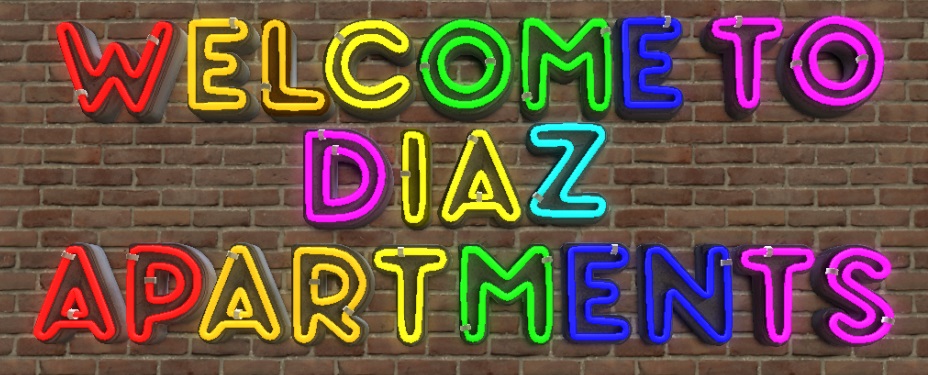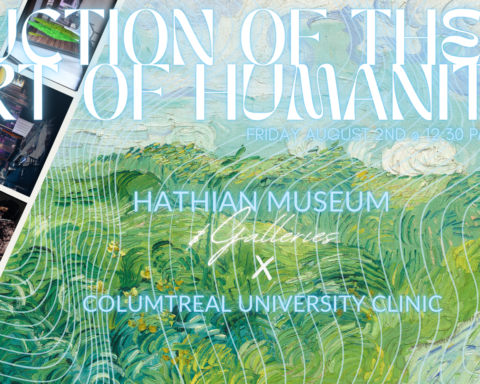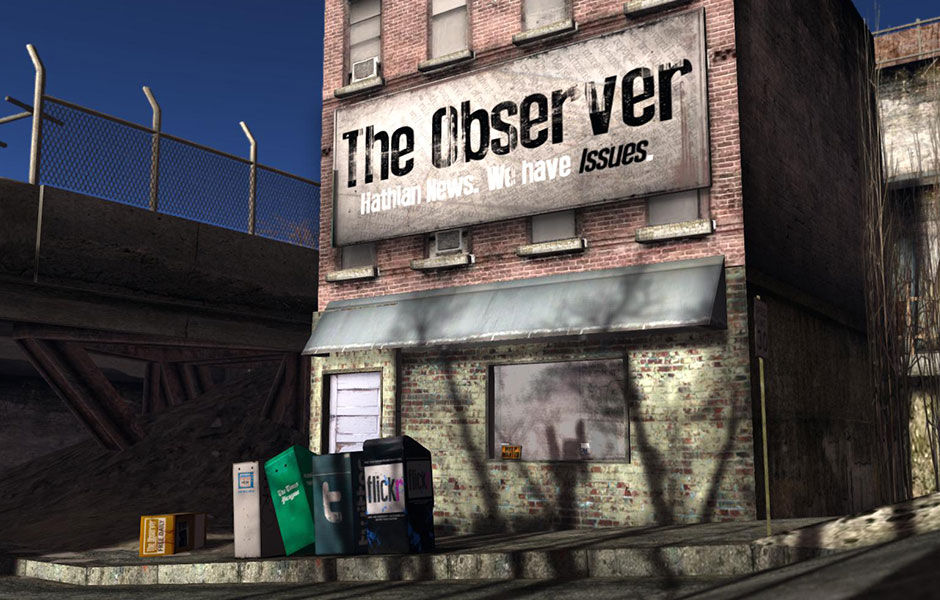by Luna Lovewell
Living in Hathian can be challenging, particularly for those who have experienced trauma. Anxiety, depression, and post-traumatic stress disorder (PTSD) are common conditions that can affect survivors of trauma. However, there are several coping strategies that can help manage symptoms and promote healing.
One of the most important steps is to seek help from a healthcare provider. The Hathian General Hospital, Hathian Police Department, or primary care physician can all provide assistance. Survivors can also find resources online and in books that offer a better understanding of what they are going through and provide new coping skills.
PTSD and complex post-traumatic stress disorder (CPTSD) are two conditions that can develop after trauma. PTSD is characterized by flashbacks, nightmares, and avoidance of triggers, while CPTSD can occur after experiencing prolonged trauma, resulting in emotional dysregulation, dissociation, and a sense of helplessness.
To manage anxiety, depression, and PTSD symptoms, there are several coping strategies that survivors can use. These include mindfulness meditation, deep breathing exercises, and regular exercise to reduce stress and anxiety. Seeking support from friends, family, or a therapist can also help in processing emotions and developing healthy coping skills.
Several books and videos can help survivors understand trauma and its effects on the mind and body. For example, “The Body Keeps the Score” by Bessel van der Kolk, “Trauma and Recovery” by Judith Herman, and “The PTSD Workbook” by Mary Beth Williams are excellent resources.
Survivors must keep in mind that healing from trauma takes time and effort. With the right resources and support, it is possible to live a fulfilling life beyond the trauma. Engaging in self-care, seeking social support, participating in creative activities, and seeking professional help when necessary can help survivors develop effective coping strategies and improve their mental health.
In addition to and as mentioned above, survivors of trauma in Hathian can benefit from establishing a self-care routine, such as practicing mindfulness, meditation, or yoga. Engaging in physical exercise and creative activities can also be helpful outlets for processing emotions. Finding a support group or confiding in trusted friends and family members can provide a safe space to express emotions and receive validation.
It’s essential to prioritize professional help for managing anxiety, depression, and PTSD. The Hathian Mental Health Clinic and Columtreal University’s Health Clinic offer sliding scale fees for those who cannot afford traditional therapy. Survivors can also seek help from licensed therapists and mental health professionals in Hathian, the surrounding area and beyond.
Some coping strategies that can be helpful for those dealing with anxiety, depression, and PTSD/CPTSD include seeking professional help, practicing self-care, connecting with others, and practicing mindfulness and grounding techniques. By prioritizing mental health and developing effective coping strategies, survivors can manage their symptoms and promote healing in Hathian.
Furthermore, it’s important for survivors of trauma to be aware of their triggers and avoid situations or people that may cause a flashback or emotional response. This can include staying away from certain locations or activities that remind them of the traumatic event.
It’s also important for survivors to give themselves time to heal and not rush the process. Healing from trauma is a journey that requires patience, self-compassion, and a willingness to confront difficult emotions.
In some cases, survivors may also benefit from joining a support group or seeking out therapy with a mental health professional who specializes in trauma. These resources can provide a safe and supportive environment for processing emotions, learning new coping skills, and developing a greater sense of resilience.
It’s important for survivors to remember that they are not alone in their experiences and that there are resources and support available. By prioritizing mental health and seeking help when needed, survivors can work towards healing and living a fulfilling life beyond their trauma.
Here are some additional resources on coping with trauma:
Books:
“DBT Workbook For Teens: A Complete Dialectical Behavior Therapy Toolkit: Essential Coping Skills and Practical Exercises To Help Teenagers & Adolescents Manage Stress, Anxiety, ADHD, Phobias & More” by Barrett Huang
“The Post-Traumatic Stress Disorder Sourcebook: A Guide to Healing, Recovery, and Growth” by Glenn R. Schiraldi
“The Dialectical Behavior Therapy Skills Workbook: Practical Dbt Exercises for Learning Mindfulness, Interpersonal Effectiveness, Emotion Regulation, and Distress Tolerance” by Matthew McKay, Ph.D, Jeffrey C Wood, PsyD, Jeffrey Brantley, MD
Articles:
“Surviving the Holidays with C-PTSD/ DID” published on BeautyAfterBruises.org (https://www.beautyafterbruises.org/blog/survivingtheholidays)
“How to Find a PTSD Therapist” by Matthew Tull, Ph.D (published on VeryWell Mind.com, https://www.verywellmind.com/how-to-find-a-therapist-for-your-ptsd-2797505)
“The New Research about Compex Post-Traumatic Stress Disorder” by Shirley Davis (https://cptsdfoundation.org/2019/07/22/the-new-research-about-complex-post-traumatic-stress-disorder/)
Videos:
“6 Ways to Heal Trauma without Medication” – YouTube video by Big Think
“The Body Keeps Score with Dr. Bessel van der Kolk” – YouTube video by Your Parenting Mojo
“Triggers: How to Stop Being Triggered: PTSD and Trauma Recovery #1”- YouTube video by Therapy in a Nutshell
“5 Ways Unhealed Trauma Affects Us” – YouTube video by Psych2Go
Remember, healing from trauma is a process that takes time and effort, but it is possible. Don’t be afraid to reach out for help and support when you need it, and know that there are many resources available to help you cope and heal. With time and the right tools, it is possible to live a fulfilling and meaningful life beyond the trauma.
Additionally, survivors of trauma can benefit from creating a safety plan, which includes identifying triggers, developing coping strategies, and creating a support system. A safety plan can help survivors feel more in control and prepared for potential triggers or difficult situations.
It’s also important to practice self-compassion and be patient with oneself. Healing from trauma is a complex process, and setbacks are common. It’s crucial to acknowledge progress and celebrate small victories along the way.
In conclusion, living in Hathian can be challenging for those who have experienced trauma, but with the right resources and support, healing and recovery are possible.








